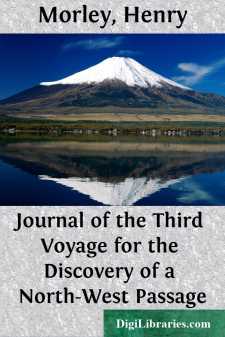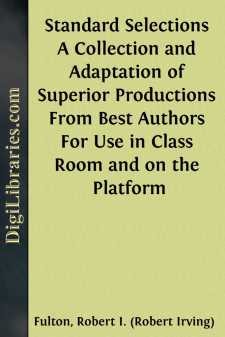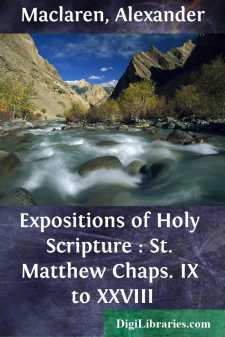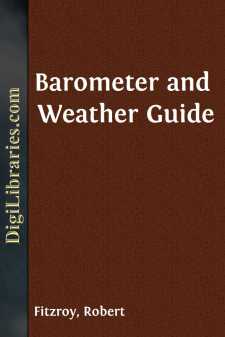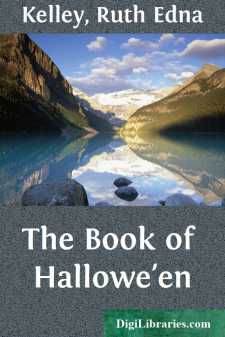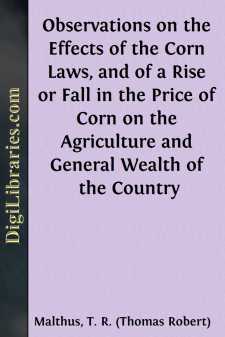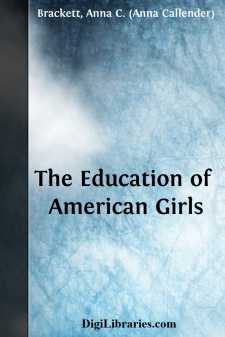Non-Classifiable
- Non-Classifiable 1768
Non-Classifiable Books
Sort by:
LESSON I. THE ASTRAL SENSES. The student of occultism usually is quite familiar with the crass individual who assumes the cheap skeptical attitude toward occult matters, which attitude he expresses in his would-be "smart" remark that he "believes only in what his senses perceive." He seems to think that his cheap wit has finally disposed of the matter, the implication being that the...
more...
by:
Henry Morley
INTRODUCTION. William Edward Parry, the son of a physician, was born at Bath in December, 1790. At the age of thirteen he was entered as a first-class volunteer on board the flag-ship of the Channel fleet, and after seven years’ service and careful study of his profession he obtained a commission in 1810 as lieutenant in the navy. He was then at once, aged twenty, sent to the Arctic seas, where...
more...
The Roman Empire in the first century presents the most revolting picture of mankind to be found in the pages of history. Society founded on superior force, on the most barbarous cruelty, on crime and mad profligacy, was corrupt beyond the power of words to describe. Rome ruled the world, but was also its ulcer, and the horrible monster, Nero, guilty of all hideous and revolting crimes, seems a fit...
more...
INTRODUCTION Christianity is differentiated from all the other religions by the fact that it offers its followers a spiritual dynamic in living up to its precepts. That dynamic is the Holy Spirit, that sets the word of God on fire, warms the church from coldness to enthusiasm, and strengthens the Christian with a power not his own in the great battle between the flesh and the spirit. Christianity is...
more...
'Son, be of good cheer.'—MATT. ix. 2. This word of encouragement, which exhorts to both cheerfulness and courage, is often upon Christ's lips. It is only once employed in the Gospels by any other than He. If we throw together the various instances in which He thus speaks, we may get a somewhat striking view of the hindrances to such a temper of bold, buoyant cheerfulness which the...
more...
by:
Robert Fitzroy
PREFACE. Many persons have advocated placing barometers at exposed fishing villages; and the Board of Trade has sanctioned the principle of some assistance by Government to a limited extent, depending on the necessity of each case, and other contingencies, such as the care, publicity, and setting of the barometers. It was thought advisable to substitute a few words on the scales of these instruments in...
more...
by:
Ruth Edna Kelley
CHAPTER I SUN-WORSHIP. THE SOURCES OF HALLOWE'EN If we could ask one of the old-world pagans whom he revered as his greatest gods, he would be sure to name among them the sun-god; calling him Apollo if he were a Greek; if an Egyptian, Horus or Osiris; if of Norway, Sol; if of Peru, Bochica. As the sun is the center of the physical universe, so all primitive peoples made it the hub about which...
more...
by:
Gustav Kobbe
Mozart and His Constance Nearly eight years after Mozart's death his widow, in response to a request from a famous publishing house for relics of the composer, sent, among other Mozartiana, a packet of letters written to her by her husband. In transmitting these she wrote: "Especially characteristic is his great love for me, which breathes through all the letters. Is it not true—those from...
more...
A revision of the corn laws, it is understood, is immediately to come under the consideration of the legislature. That the decision on such a subject, should be founded on a correct and enlightened view of the whole question, will be allowed to be of the utmost importance, both with regard to the stability of the measures to be adopted, and the effects to be expected from them. For an attempt to...
more...
PREFACE. The Table of Contents sufficiently indicates the purpose and aim of this book. The essays are the thoughts of American women, of wide and varied experience, both professional and otherwise; no one writer being responsible for the work of another. The connecting link is the common interest. Some of the names need no introduction. The author of Essay IV. has had an unusually long and varied...
more...



